Reimagining Law Firm Pricing: Ken Callander on Value, AI & In-House Strategy

Reimagining Law Firm Pricing: Ken Callander on Value, AI & In-House Strategy
Legal pricing expert Ken Callander joins The Abstract to unpack how AI and value-based pricing are reshaping the business of law. Drawing from his experience as Uber’s Head of Legal Ops and a former law firm CMO, Ken offers actionable advice for in-house teams looking to get more value from their outside counsel. From budget predictability to negotiating smarter rates, this episode is a must-listen for GCs navigating the future of legal services.
Key Insights:
1. Law Firms Operate on Fear and Fragile Confidence
Callander explains that partnerships are “house of cards” businesses—built on confidence, not assets. Firms fear losing “power partners” who control major client relationships. “If they leave, the whole structure shakes,” he says. That’s why innovation, especially around pricing or AI, faces resistance—it threatens existing compensation systems.
2. The Partnership Model Rewards the Wrong Behavior
Most law firms still run on the “eat what you kill” model, which incentivizes individual billing and hoarding clients rather than collaboration. In contrast, firms like KPMG and McKinsey shifted decades ago to salary + bonus models tied to group profitability. The result? “More teamwork, accountability, and shared success,” says Callander. Senior partners at law firms resist this because, in his words, “It works for them. When I’m gone, you can do what you want.”
3. Value-Based Pricing Works—and Saves 20–50%
At Uber, Callander led one of the earliest large-scale moves away from hourly billing. “We moved almost everything off hourly rates,” he says. The results: 20–50% savings and stronger relationships. The shift forced firms to be efficient and gave Uber predictable budgets—something CFOs now demand. “Predictability is as valuable as savings,” he adds.
4. AI Will Force Firms to Price by Value, Not Time
Research that once took 100 hours can now be generated in minutes. Callander warns: “If AI delivers a first draft instantly, you can’t charge for 100 hours anymore.” Firms that cling to hourly billing will see revenue fall as efficiency rises. The future: charging for output, not input, and building AI-assisted legal products like employment-law chatbots instead of billing associates by the hour.
5. Legal Departments Must Lead the Change
The pressure for change will come from clients. Callander advises every in-house team to ask:
- How are you using AI in this matter?
- How does it impact efficiency and pricing?
He also urges annual firm reviews and adding outside spend management as a KPI in in-house performance evaluations. “If you don’t measure it, people don’t care about it,” he says.
6. Align Firm Size to Matter Value
Not every problem needs a $2,500/hour partner. Callander recommends a “matter intake funnel” that sends low-risk issues to regional firms, keeping big-ticket work with elite counsel. “Aligning matter value with firm value saves a fortune without compromising quality,” he notes.
7. Closing Insight
Legal ops has the leverage to change the business of law—one matter at a time. As Callander puts it, “The billable hour won’t die because firms want it to. It’ll die because clients stop paying for inefficiency.”
In this podcast, we cover
0:00 Introduction
01:49 How Law Firm Business Models Drive Political Risk-Taking and Brand Fallout
09:02 Inside the Law Firm Model: Power Partners, Payout Structures, and Why Change is So Hard
16:32 Challenges with hourly billing and how law firm economics are misaligned with client value
26:34 Why Ken left the law firm world for legal ops at Uber
30:10 Moving to value-based pricing and how it impacted Uber’s legal spend
34:21 Why predictability in pricing is often more important than savings
37:33 How AI is disrupting law firm pricing, staffing, and the associate career path
49:14 How In-House Teams Can Improve Law Firm Relationships, Reduce Spend, and Drive Change
56:25 Rapid-fire questions

.svg)







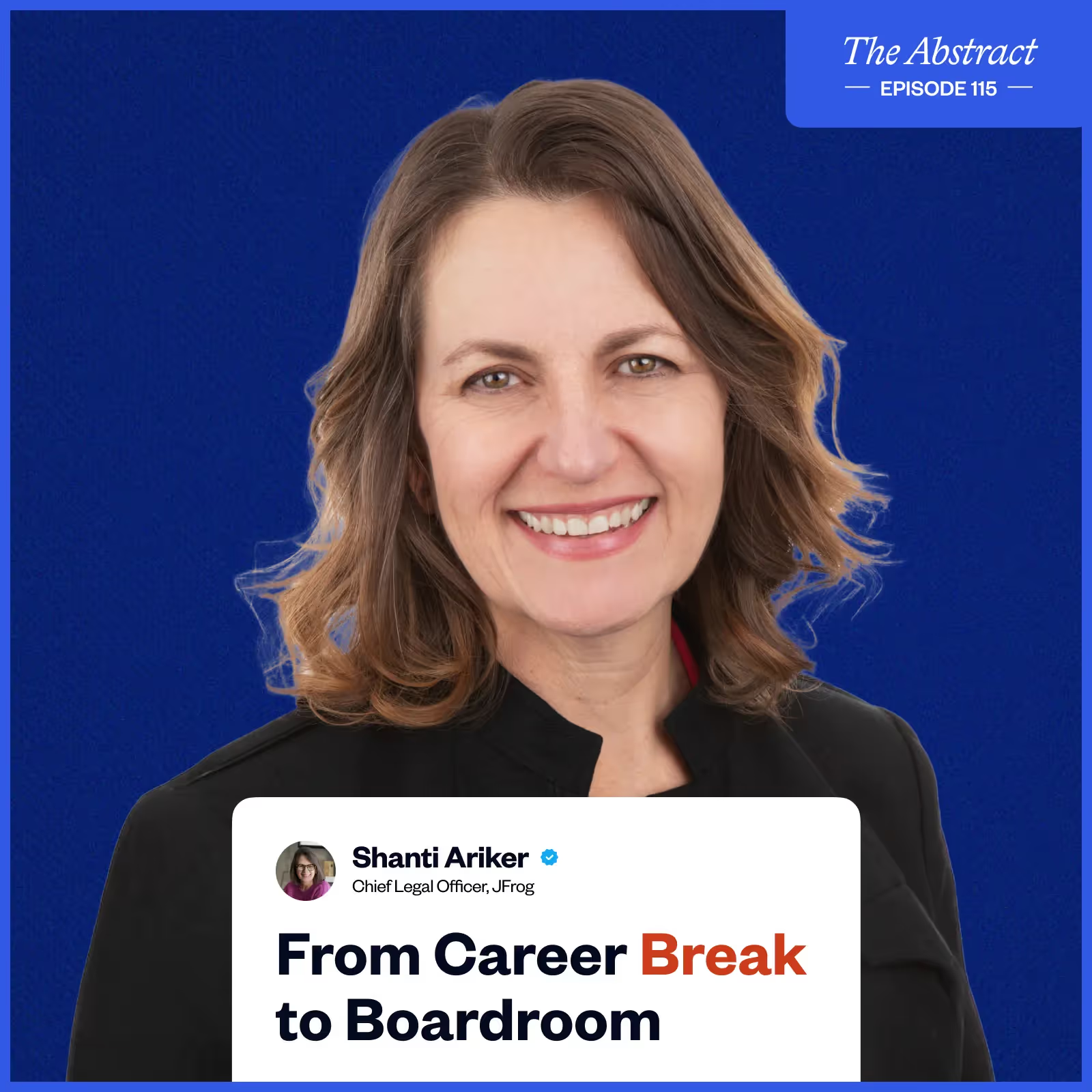
.svg)
.svg)




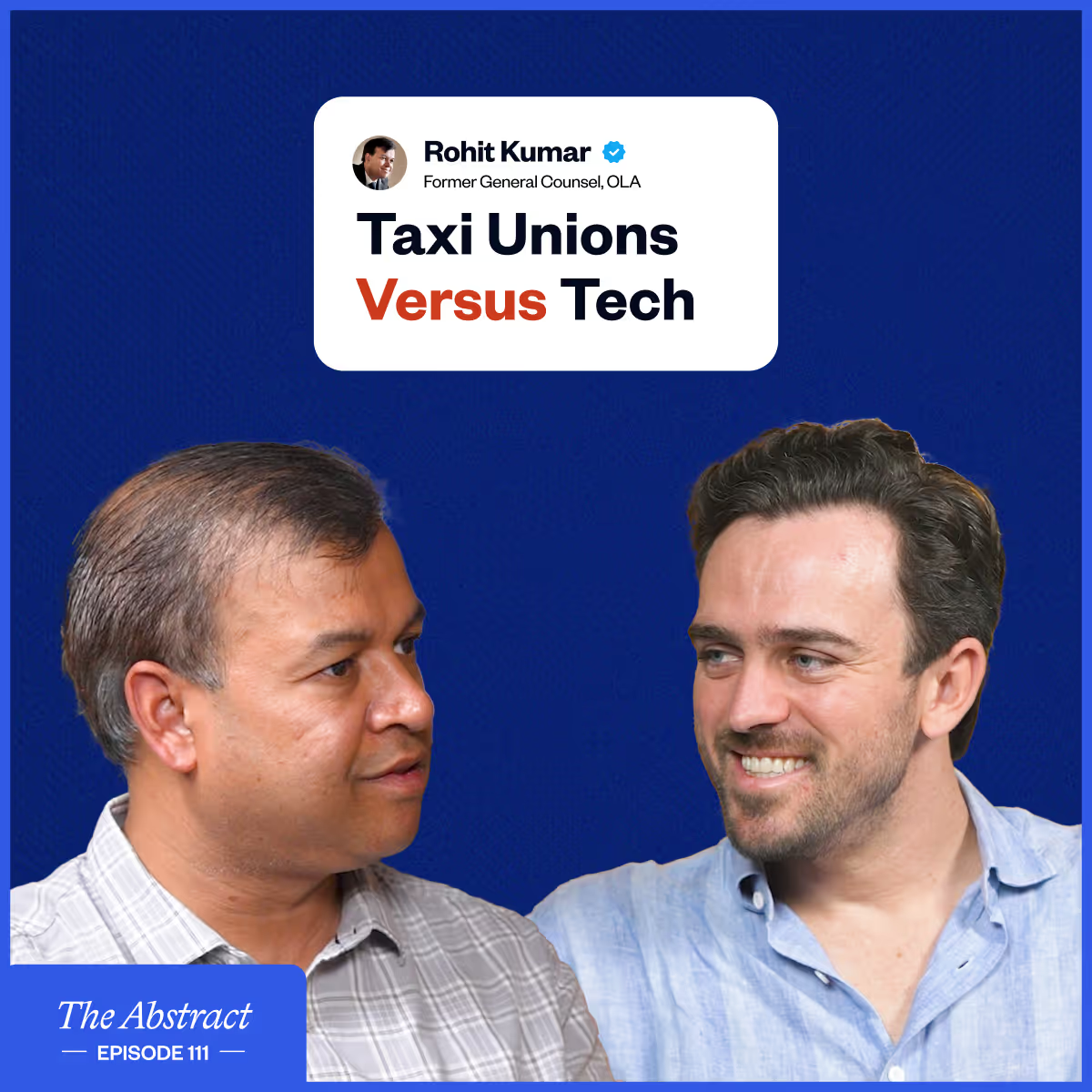
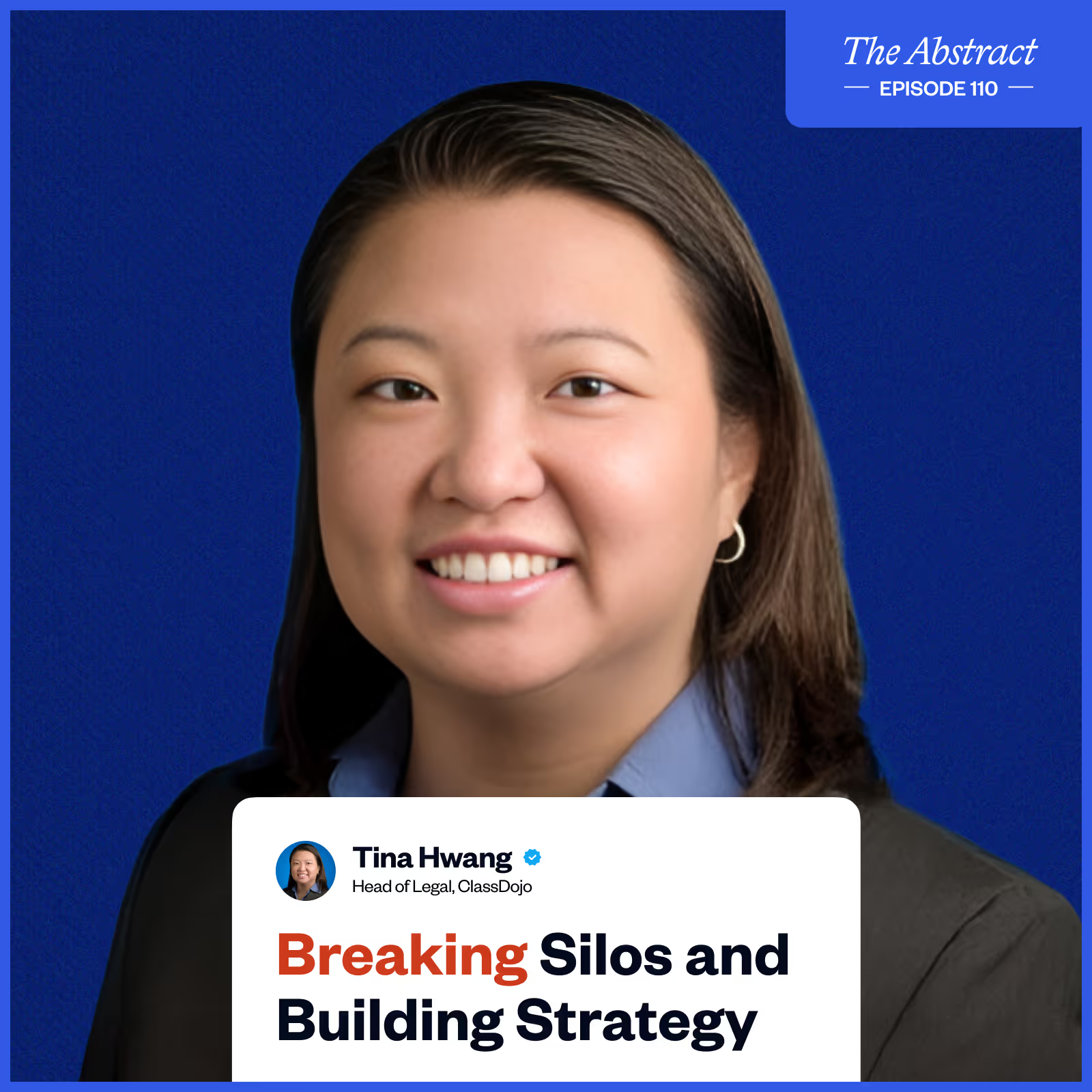

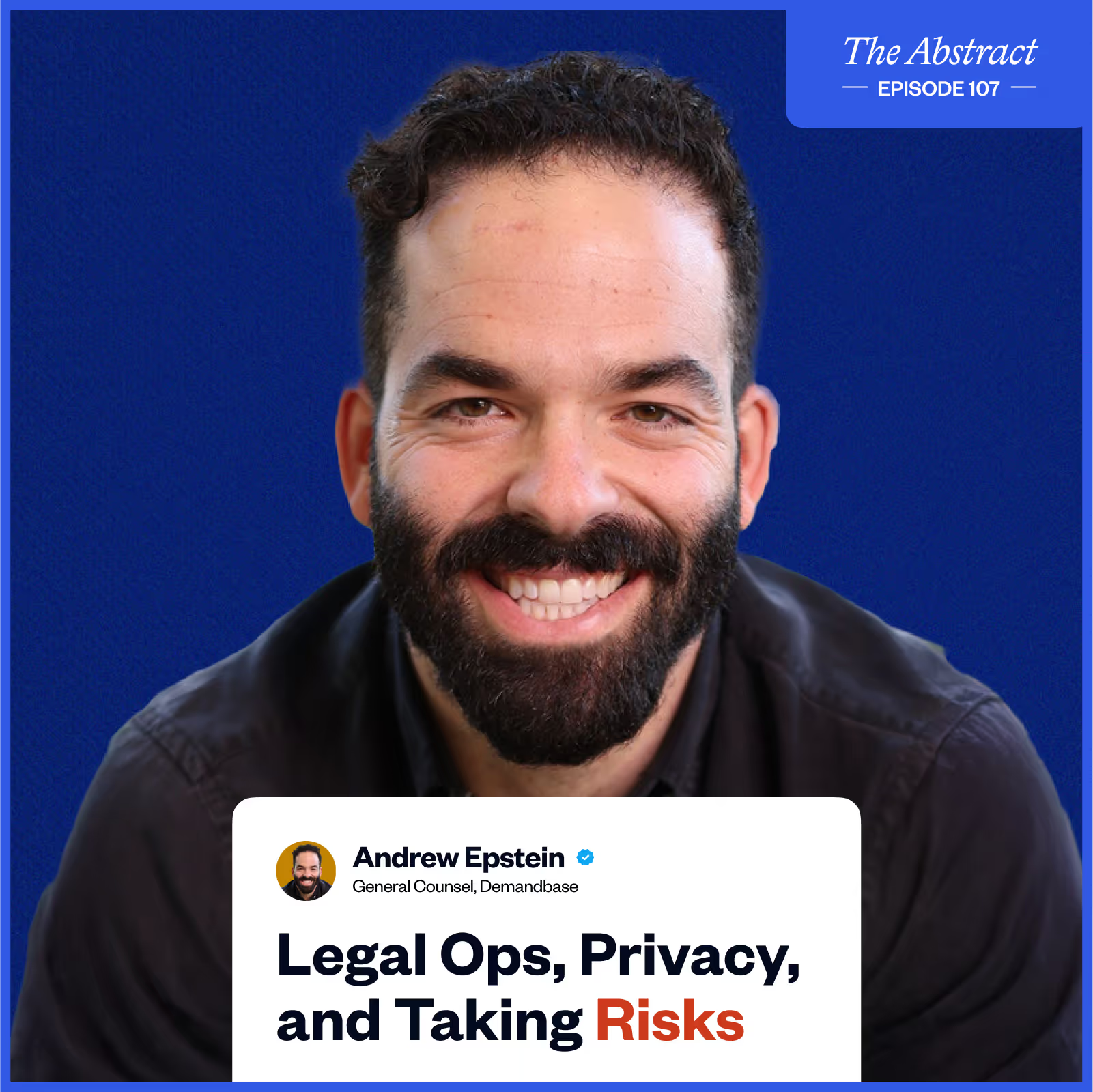


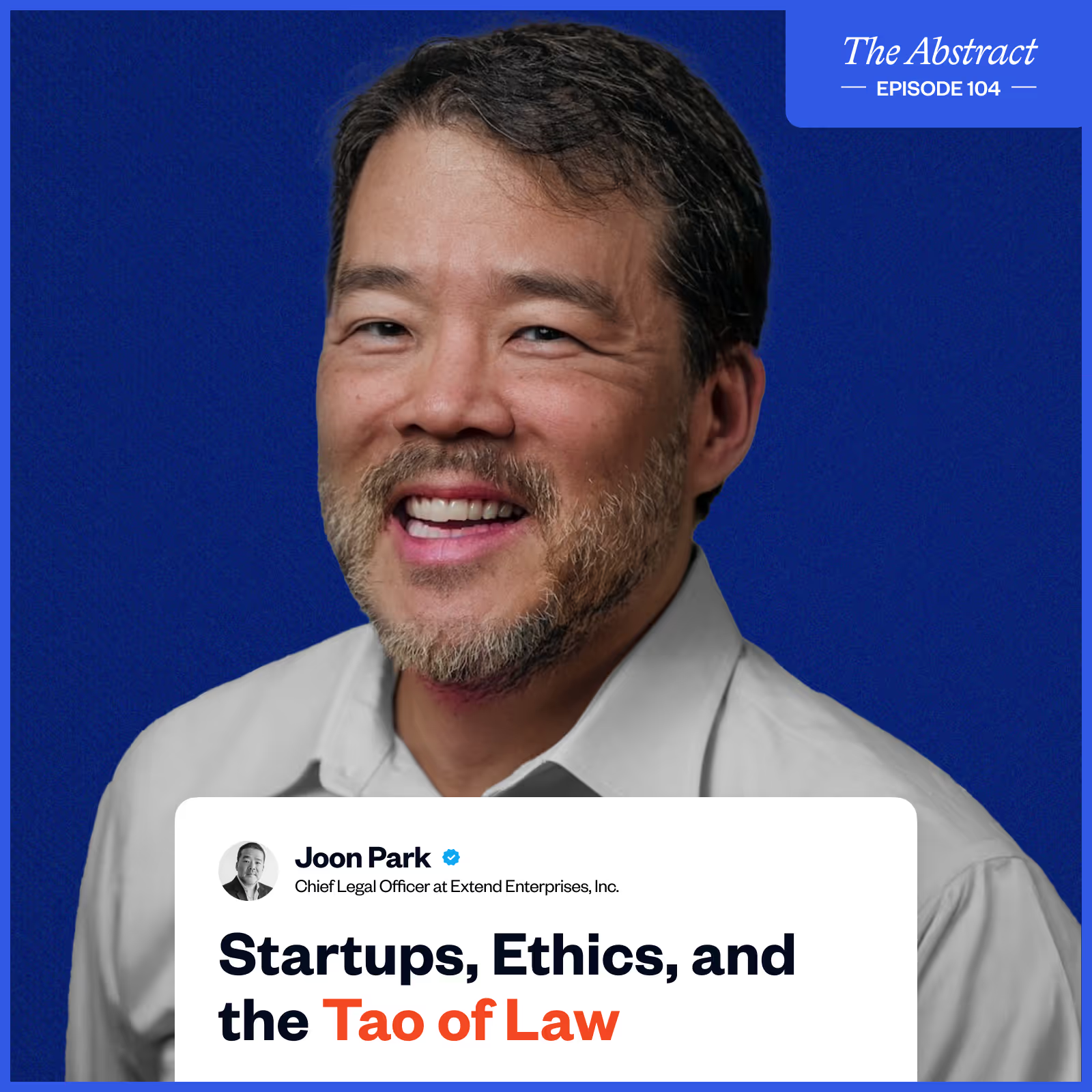

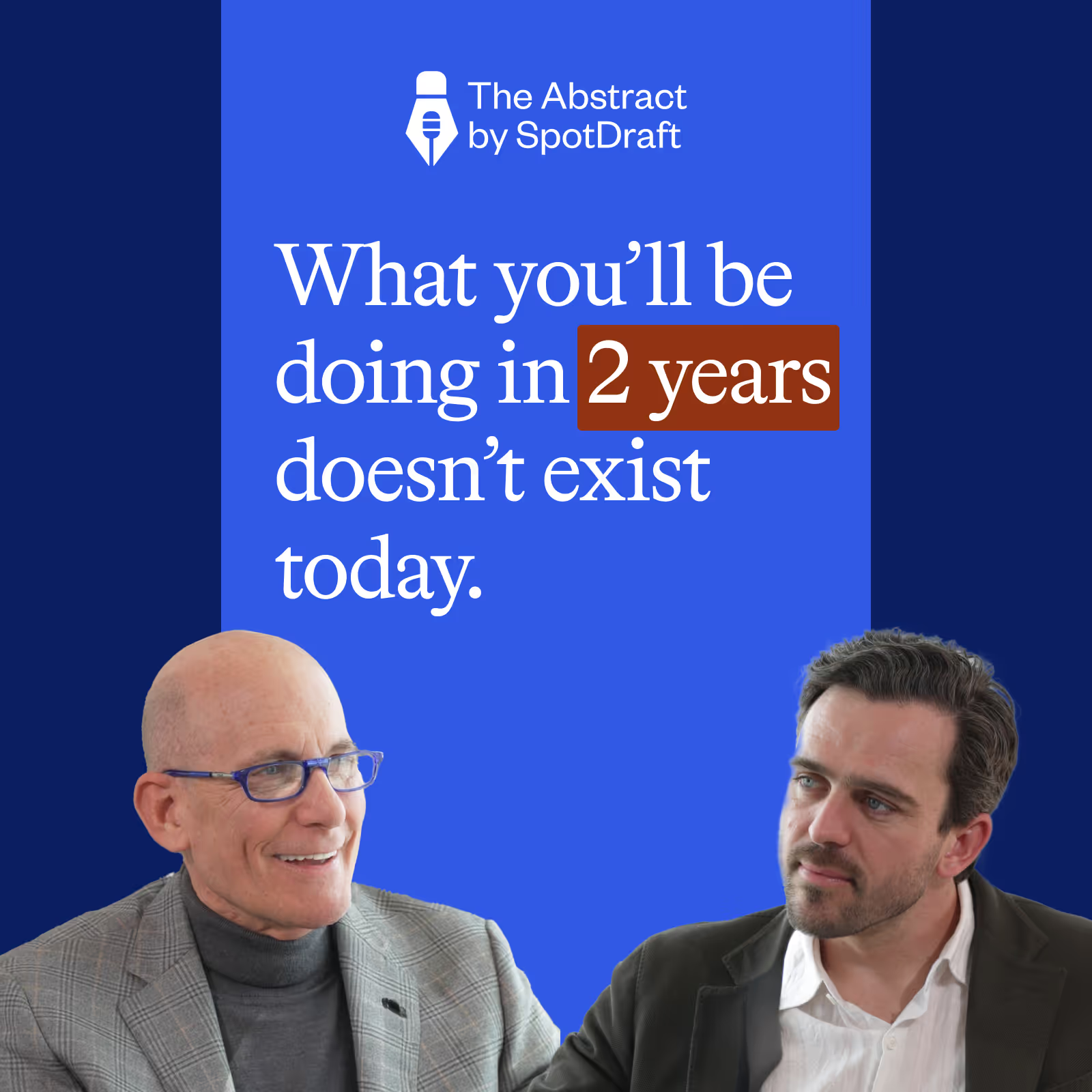
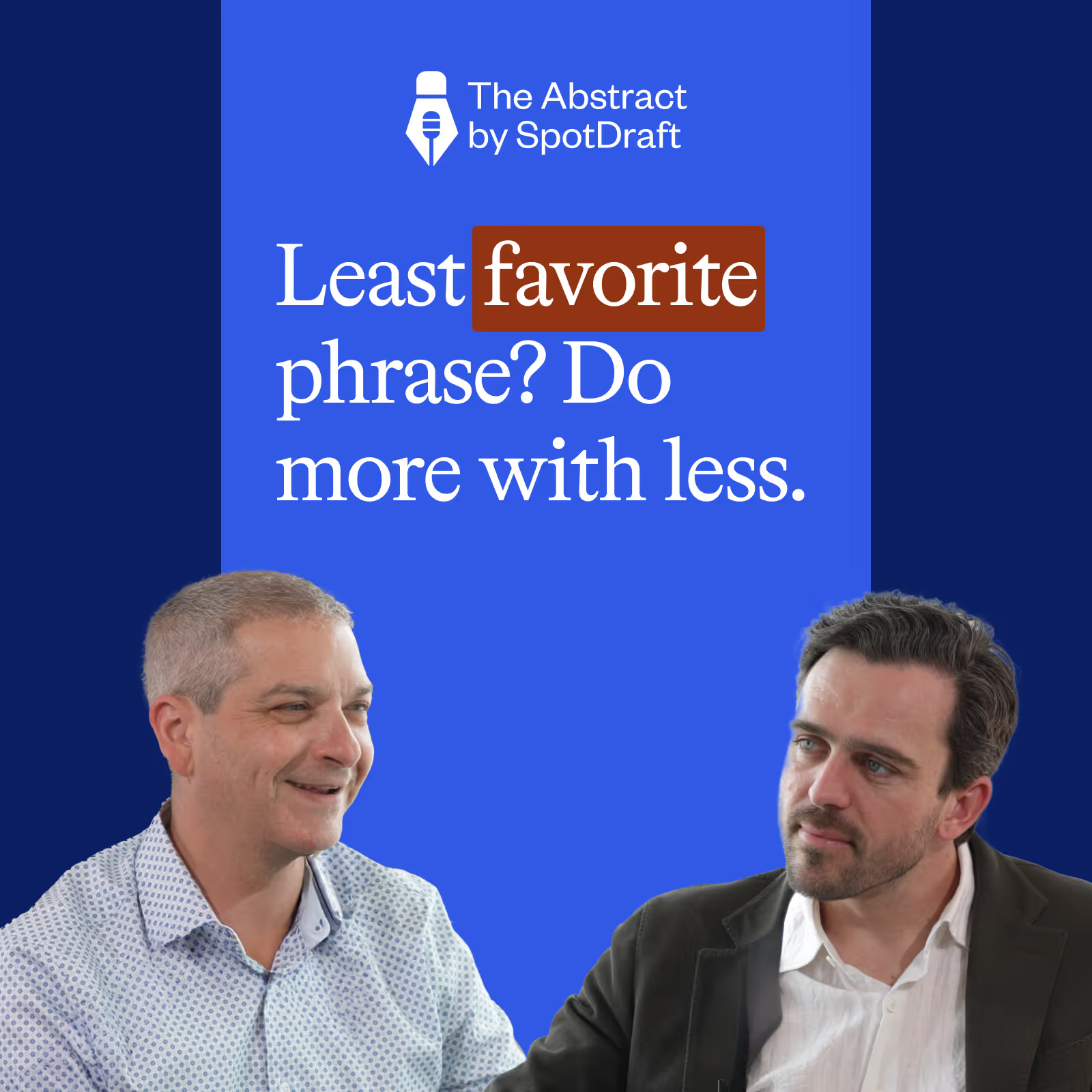






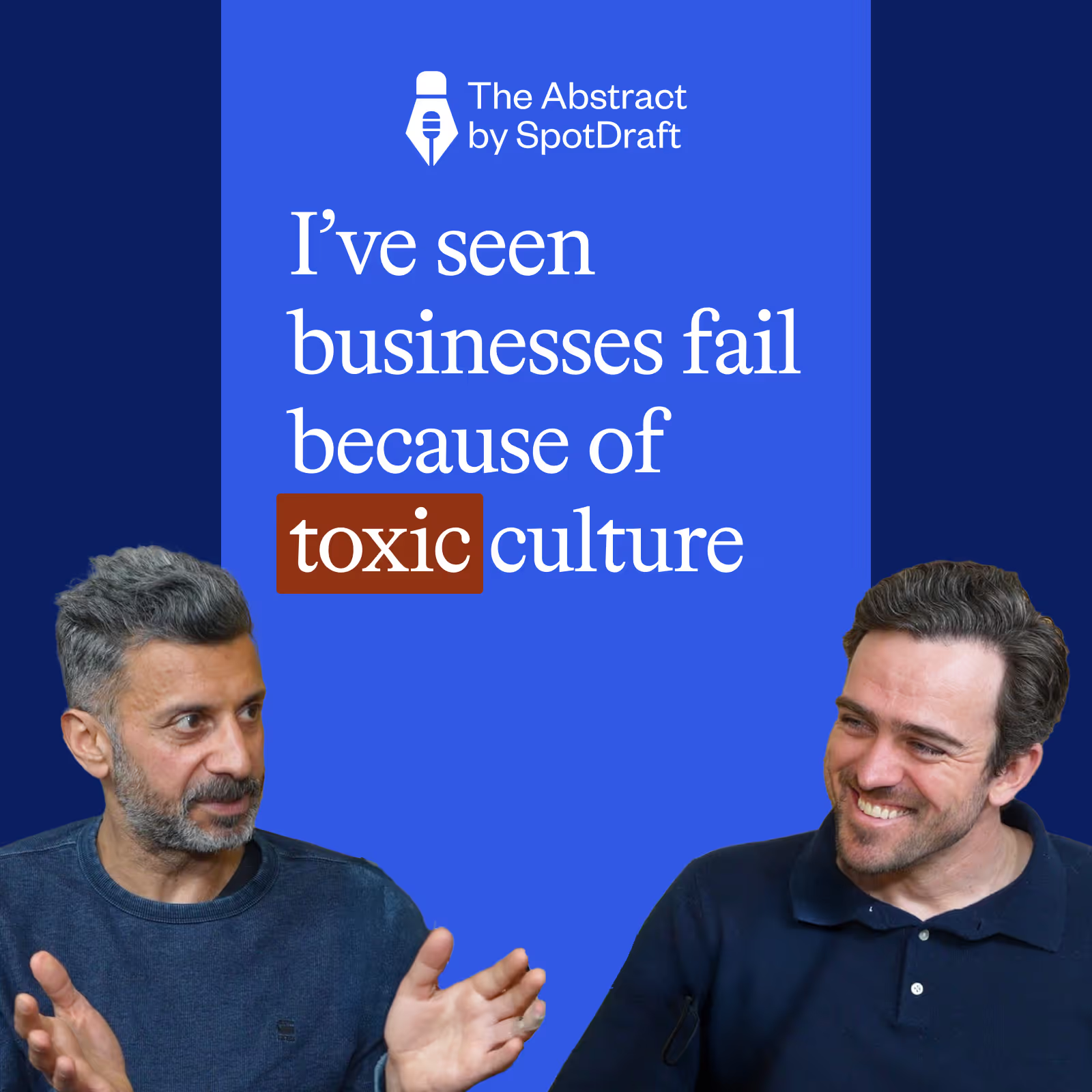

















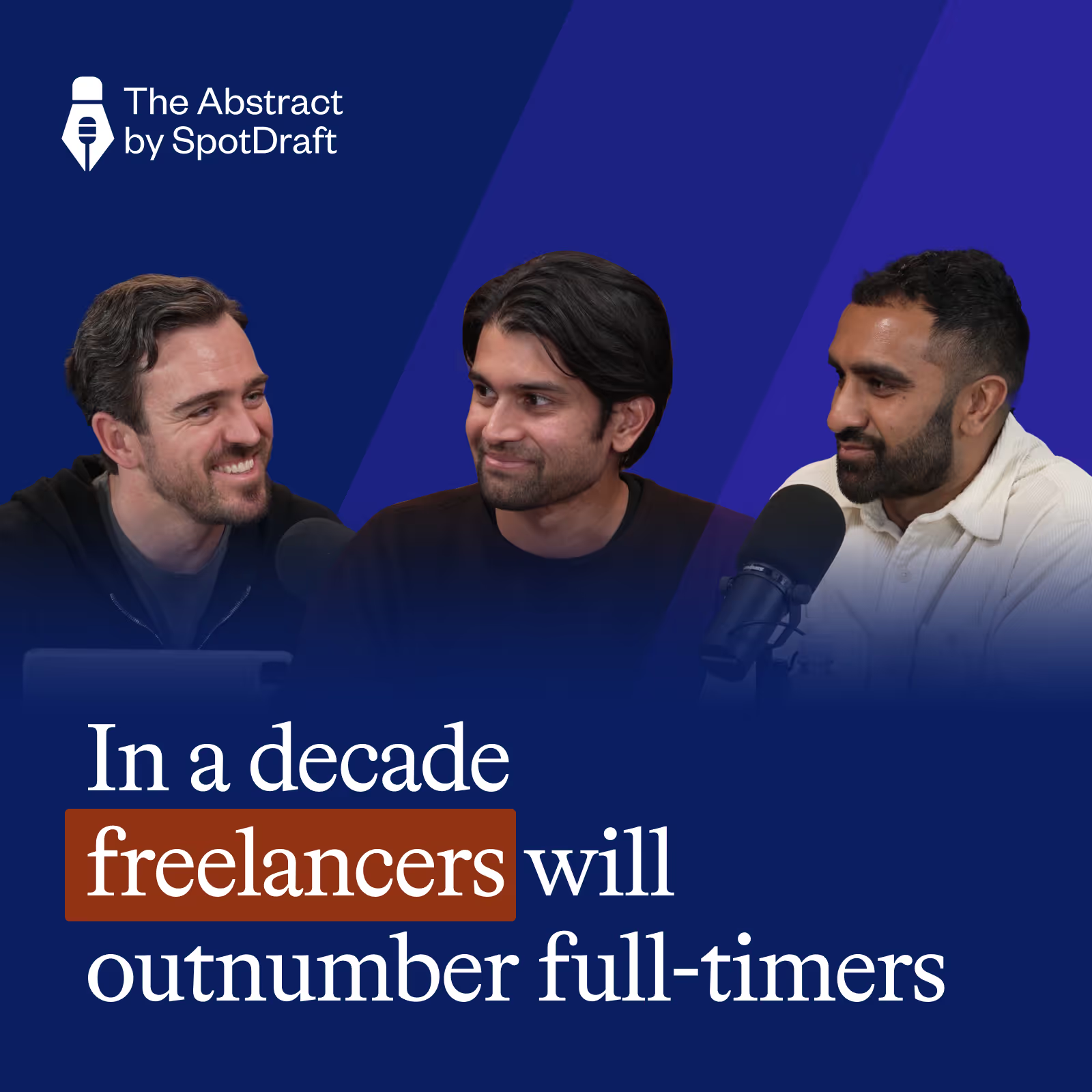











































.avif)







.avif)








